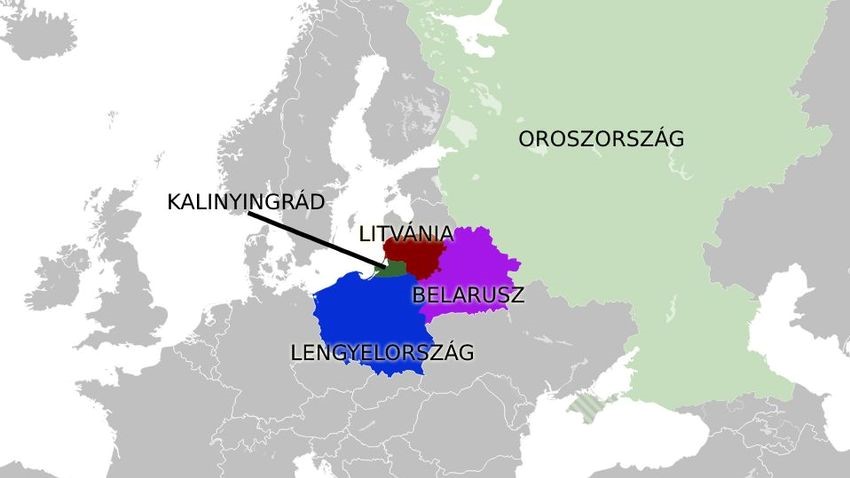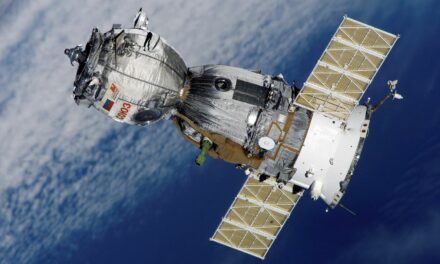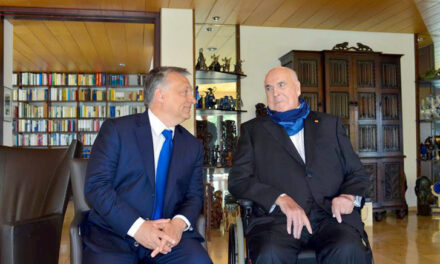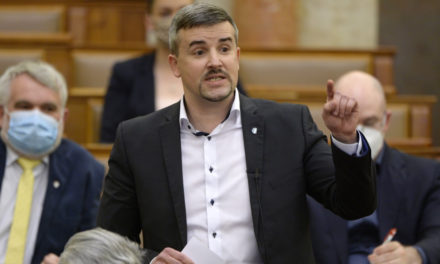On the same day, the residents of the Russian exclave, Kaliningrad, could breathe a sigh of relief that Lithuania would no longer block the flow of Russian goods, when Ukrainian grain deliveries began. There is also an American thread in the background of the events: a significant part of the grain produced in Ukraine was produced by agricultural companies in the United States, for which the US government had lobbied countless times before. If this happened now, it would be the first serious American-Russian agreement since the outbreak of the Russian-Ukrainian war, reads Magyar Nemzet.
Few people paid attention to it, but in the latest episode of the Ukrainian-Russian conflict, a decision was made at the same time to ensure the supply of the Russian exclave of Kaliningrad, which had previously been blocked by Lithuania, and it was then that Ukrainian grain shipments started from the ports of Odessa. The agreement was mutually beneficial for the parties, but the grain transport was interesting not only from a humanitarian and security of supply point of view. Indeed, large American agricultural companies ("big agro") own large tracts of land in Ukraine and, according to some opinions, are also developing GMO products.
Interesting coincidence
On June 17, 2022, citing EU sanctions, Lithuania stopped the border crossing of freight trains going through its territory to Kaliningrad, after a consultation with the EU . Among the prohibited products were coal, heavy metals and construction materials. The Deutsche Welle reported at the time that the residents of Kaliningrad began panic buying due to the lack of stock, and the Russian Foreign Ministry demanded that goods transit be restored immediately. At that time, both the German Chancellor and the Polish Prime Minister stated that this conflict could easily lead to the expansion of the war, so it must be resolved somehow.
On the same day, i.e. June 17, Radio Free Europe reported that hundreds of empty grain-carrying ships had gathered on the coast of Romania because they could not reach Ukrainian ports. The medium added: international experts warned that a global famine could break out .
Also on June 17, Foreign Affairs Commissioner Josep Borrell held a press conference, in which he also spoke about the role of the UN regarding the opening of the port of Odessa. On the same day, French President Emmanuel Macron said at his press conference that he sees little chance of reaching an agreement with Russia regarding grain shipments.
But based on the coincidence of the dates, it seems that the EU made good use of the situation in Kaliningrad: when the Russians and the Ukrainians sat down at the same table in Istanbul to discuss the start of the export of Ukrainian grain to the Black Sea, on that day the EU also told the Lithuanian government that it was obliged to allow freight trains on the Lithuanian-Russian border. Lithuania finally lifted the ban on shipments to the Russian exclave on July 23, and interestingly, the first train arrived on the same day, July 26, when Russia signed an agreement on the establishment of a grain coordination center in Istanbul.
the full article published in Magyar Nemzet here .












